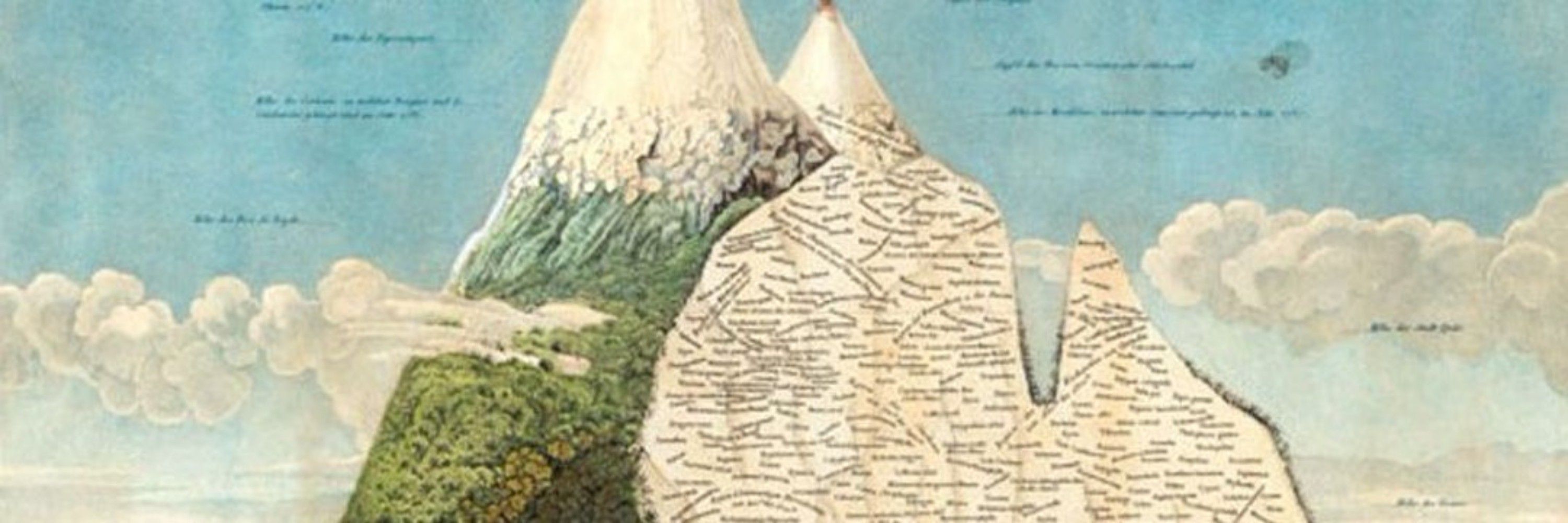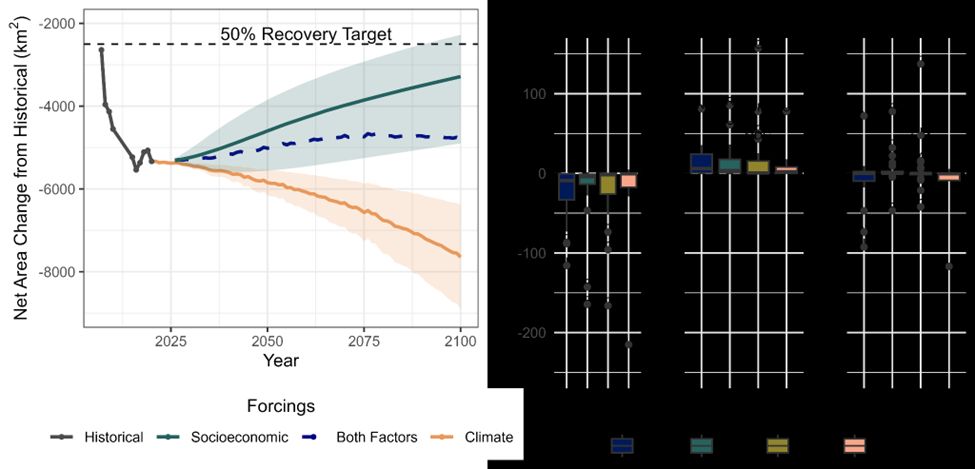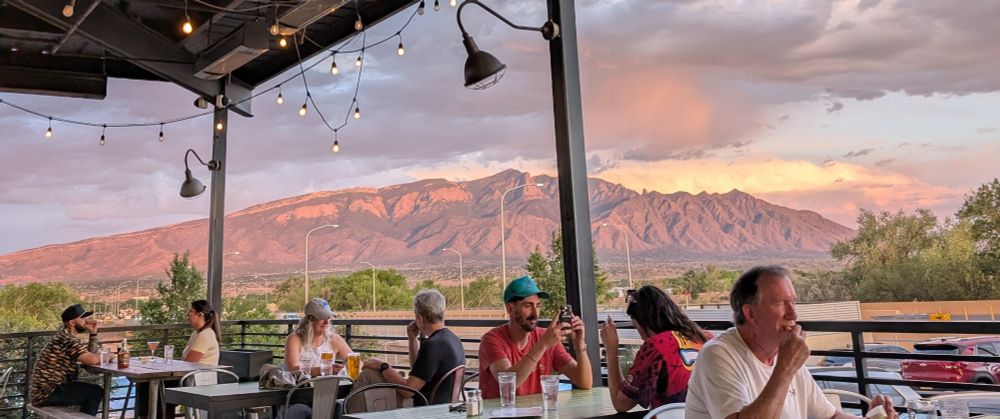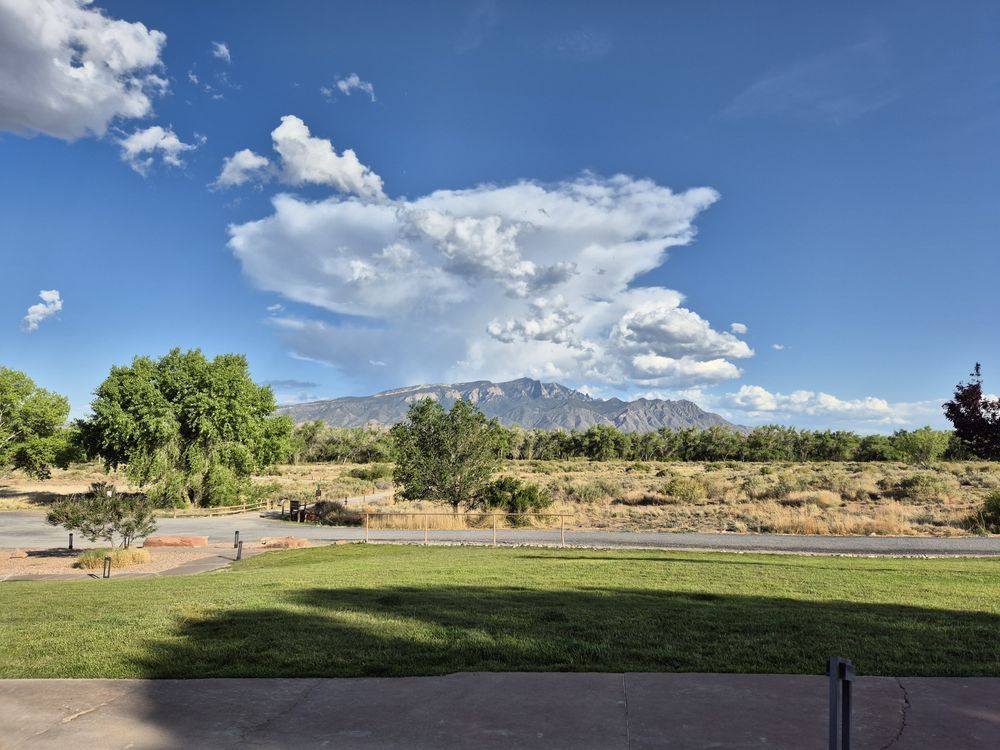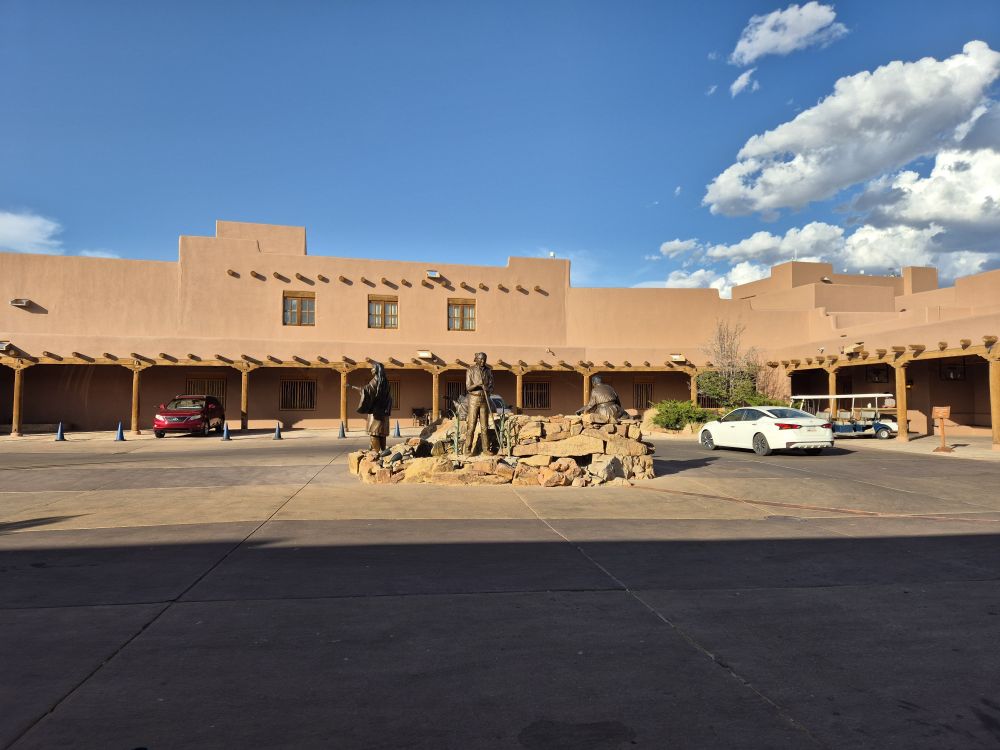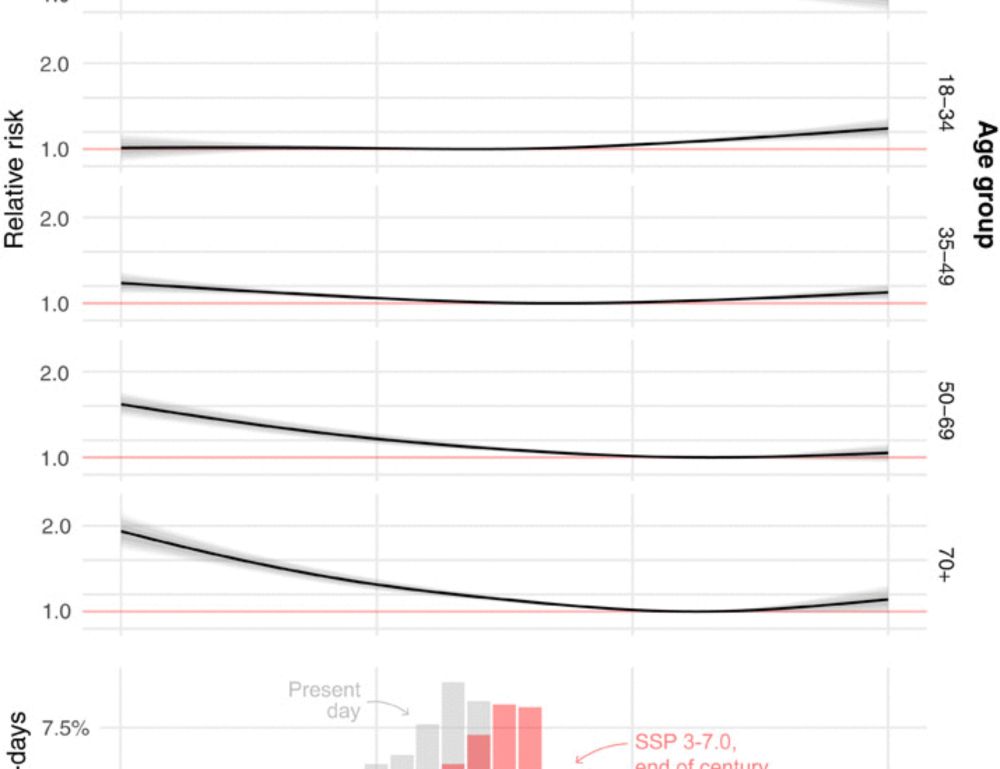Bernie Bastien-Olvera
@bbastien.bsky.social
190 followers
150 following
24 posts
Interdisciplinary climate change scientist and communicator • National Geographic Explorer ⛰️ • Assistant Professor at UNAM 🇲🇽
Posts
Media
Videos
Starter Packs
Reposted by Bernie Bastien-Olvera
Reposted by Bernie Bastien-Olvera
Kate Marvel
@drkatemarvel.bsky.social
· Jul 30
Reposted by Bernie Bastien-Olvera
Giorgio Dini
@giorgiodini.bsky.social
· Jul 9
Advances in Modeling and Governing Interacting Shocks in the Anthropocene
Our collective well-being depends on interconnected socio-ecological systems. In the Anthropocene, these systems increasingly face unanticipated variability in key inputs (i.e., shocks), and nonlinear...
agu.confex.com
Reposted by Bernie Bastien-Olvera
Reposted by Bernie Bastien-Olvera
